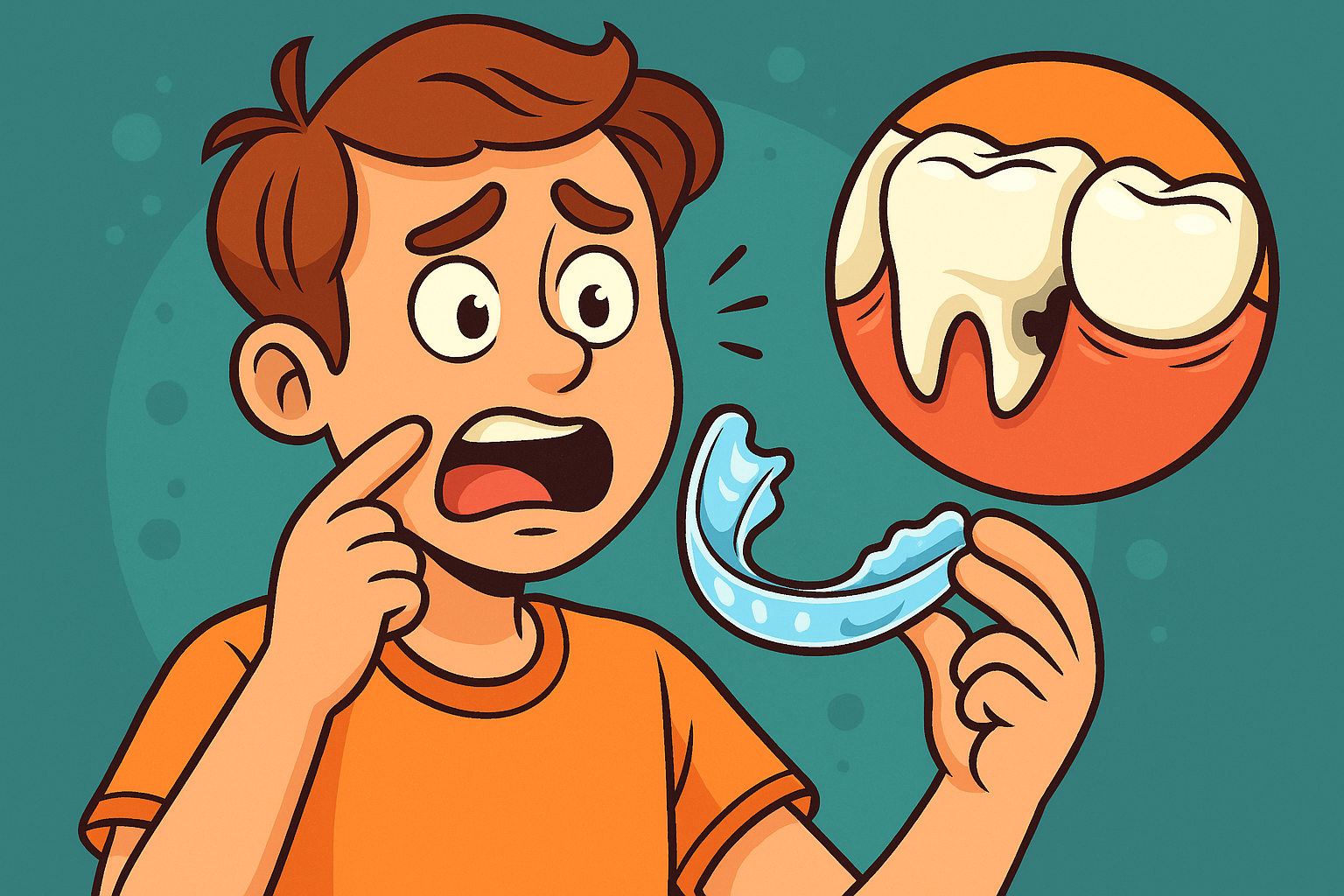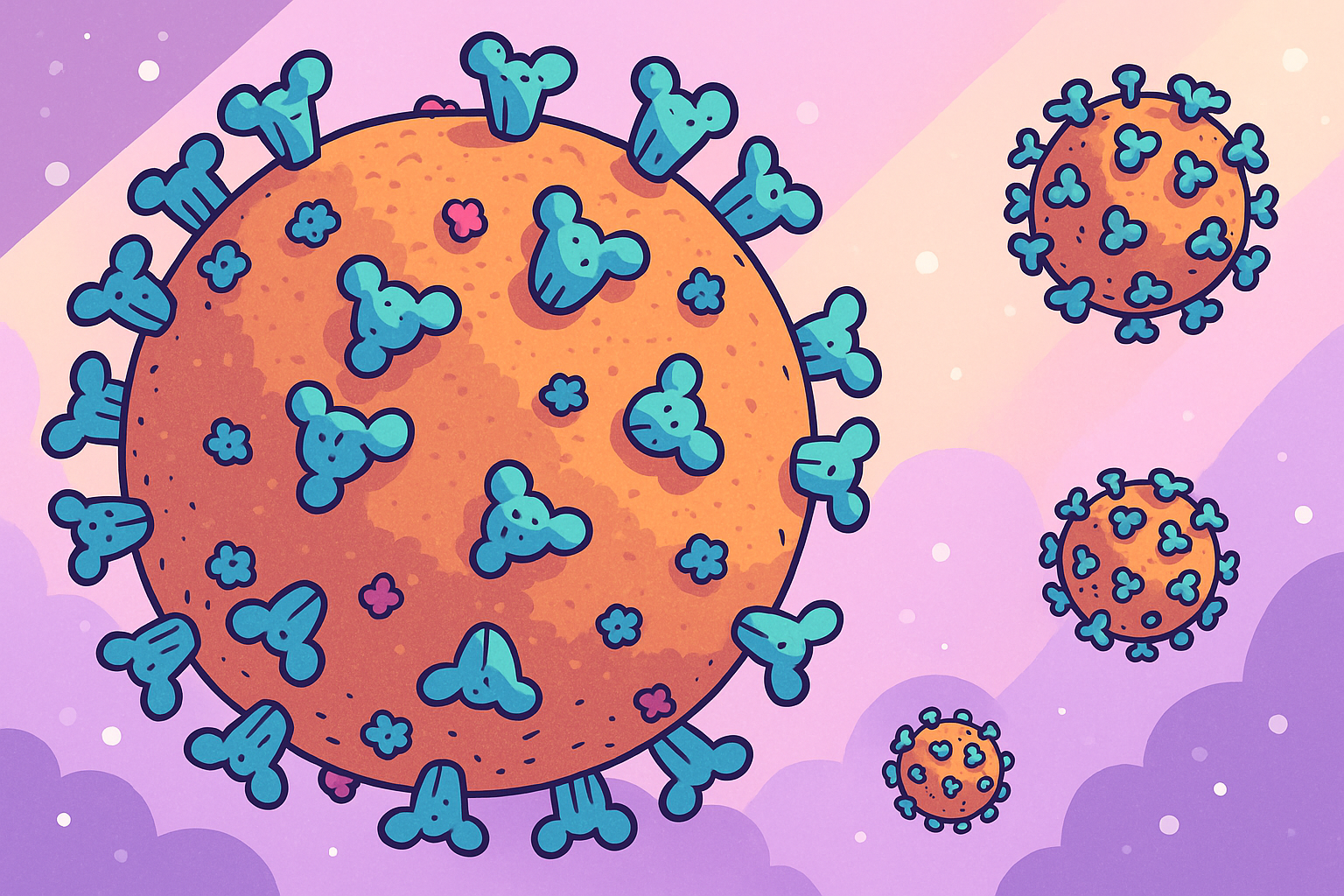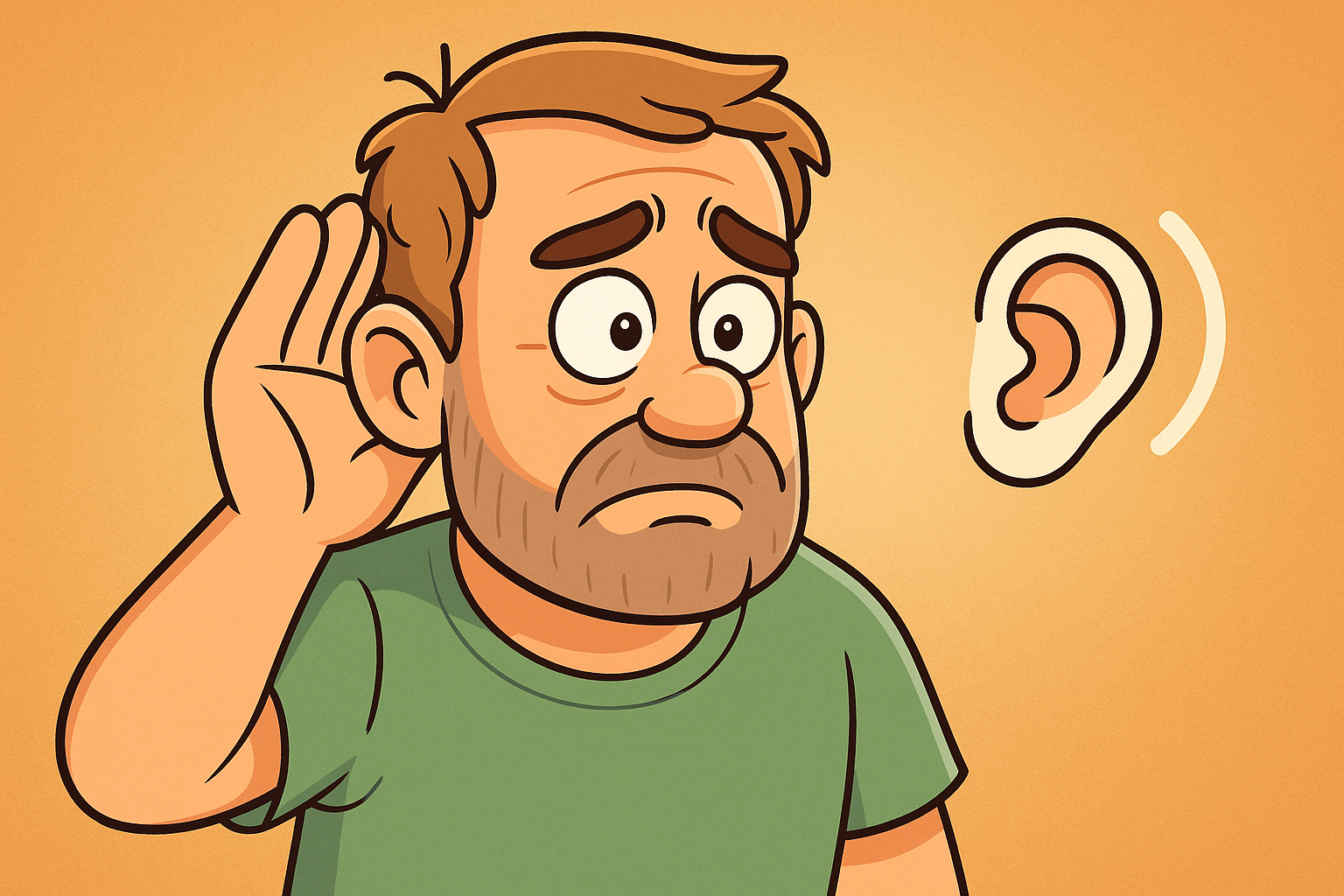Retainers are essential for keeping your teeth aligned after braces, but they come with responsibilities. Many people wear retainers daily—often overnight—for years. A common question arises: can retainers cause cavities? The idea might be surprising, but it’s a valid concern. If you’re wearing a retainer, understanding the risks and knowing how to care for your teeth is crucial.
In this article, we’ll explain how retainers can contribute to cavities, signs to watch out for, and how to protect your oral health while keeping that perfect smile.
What Are Retainers and Why Do People Wear Them?
Retainers are custom-made devices designed to hold your teeth in their new positions after orthodontic treatment. They come in two main types: removable and permanent (or fixed).
Removable retainers are worn during specific hours, usually at night. Permanent retainers are thin wires bonded behind your teeth to prevent shifting. Both types are effective, but they require excellent hygiene routines to avoid oral issues.
Wearing a retainer is important—but only if it’s clean and used properly.
Can Retainers Cause Cavities?
Yes, retainers can contribute to cavities, but not directly. The problem lies in how they affect your oral hygiene. Retainers can trap food particles and bacteria against your teeth. If not cleaned regularly, they create an environment where plaque and acid thrive.
Cavities develop when acids from bacteria erode the tooth’s enamel. A dirty retainer or poor brushing habits can accelerate this process. So while the retainer itself isn’t the culprit, improper care while using one can certainly lead to decay.
Why Retainers Might Contribute to Cavities
Several factors make retainer wearers more prone to cavities. If you’re not mindful of hygiene, even a well-fitting retainer can cause trouble.
Common causes include:
- Trapped food debris under or around the retainer
- Reduced saliva flow in areas covered by the device
- Inconsistent brushing before reinserting the retainer
- Plaque buildup on the retainer surface itself
These conditions encourage bacterial growth, which leads to acid production and enamel erosion.
Signs Your Retainer Might Be Affecting Your Oral Health
Noticing early signs of oral health decline is key to preventing cavities. Your retainer could be contributing if you experience:
- Persistent bad breath despite brushing
- White spots on teeth (early signs of decay)
- Tooth sensitivity, especially near the retainer
- Red or inflamed gums around bonded wires
- Increased plaque or tartar buildup in retainer-covered areas
If you see these symptoms, it’s time to re-evaluate your retainer hygiene habits.
How to Prevent Cavities While Wearing a Retainer
Maintaining a solid dental routine is your first defense. The goal is to minimize the bacteria and food particles your retainer can trap.
Best practices include:
- Brush your teeth thoroughly before wearing your retainer
- Floss daily, especially around permanent retainers
- Use fluoride toothpaste to strengthen enamel
- Clean your retainer at least once daily
- Avoid sugary snacks and drinks before bedtime
Consistency is everything. Clean teeth and a clean retainer are the perfect combo.
Cleaning Tips for Different Types of Retainers
Cleaning methods vary depending on the type of retainer you wear.
Removable Retainers:
- Take them out when eating or drinking anything but water
- Rinse immediately after removal to avoid dried-on debris
- Use a soft toothbrush and mild soap for cleaning
- Avoid using toothpaste, which can scratch and harbor bacteria
- Soak weekly in a retainer cleaning solution or vinegar-water mix
Permanent Retainers:
- Use floss threaders or a water flosser to clean under the wire
- Angle your toothbrush to scrub the area behind the retainer
- Ask your dentist for regular checks during cleanings
Good retainer care can significantly reduce the risk of cavities.
When to See Your Dentist or Orthodontist
Even with proper hygiene, regular checkups are essential. Professionals can spot decay early or clean areas you might miss.
Schedule an appointment if you notice:
- Retainer discomfort or tightness
- New sensitivity or toothaches
- Visible plaque near the retainer
- Bleeding gums or gum recession
Routine visits every 6 months can help detect problems before they become serious.
Can Retainers Hide Cavities?
Yes, especially permanent retainers, which are bonded to the back of teeth. Cavities can form underneath or between the bonded area, making them hard to detect.
Since visual inspection is limited, dentists often rely on X-rays to catch decay in hidden areas. If you’ve had a permanent retainer for several years, it’s wise to monitor those teeth closely.
Skipping dental appointments can allow hidden cavities to grow unnoticed.
Long-Term Oral Health and Retainer Use
Retainers may be part of your life for many years—even permanently. This means oral health habits aren’t just short-term obligations, but lifelong commitments.
Key habits for long-term success:
- Make cleaning your retainer part of your daily routine
- Always brush before wearing it
- Replace removable retainers when they become worn or discolored
- Ask your dentist about decay risk based on your personal dental history
Preventing cavities while wearing a retainer is absolutely possible with the right habits.
Conclusion
So, can retainers cause cavities? Not directly—but they can set the stage for decay if not properly cleaned and maintained. Retainers are crucial for maintaining your smile, but they come with responsibilities.
By adopting good hygiene practices, cleaning your retainer regularly, and keeping up with dental checkups, you can enjoy the benefits of straight teeth without risking your oral health. A clean retainer and a clean mouth go hand in hand for a truly healthy smile.
FAQs
Can a retainer cause cavities overnight?
No, cavities don’t form overnight, but wearing a dirty retainer increases bacterial activity that may accelerate the process over time.
Should I brush my teeth before wearing my retainer at night?
Yes! Brushing removes food and sugar that would otherwise sit under your retainer and promote decay.
What’s the best way to clean my retainer?
For removable types, use a soft toothbrush and mild soap or a designated retainer cleaner. Avoid hot water and toothpaste.
Can a dentist tell if my retainer is causing cavities?
Definitely. Dentists can spot signs of enamel damage or trapped plaque and help you adjust your hygiene practices.
Is it okay to wear a retainer all day?
Yes, if instructed by your orthodontist—but make sure both your teeth and retainer are clean to avoid complications.









